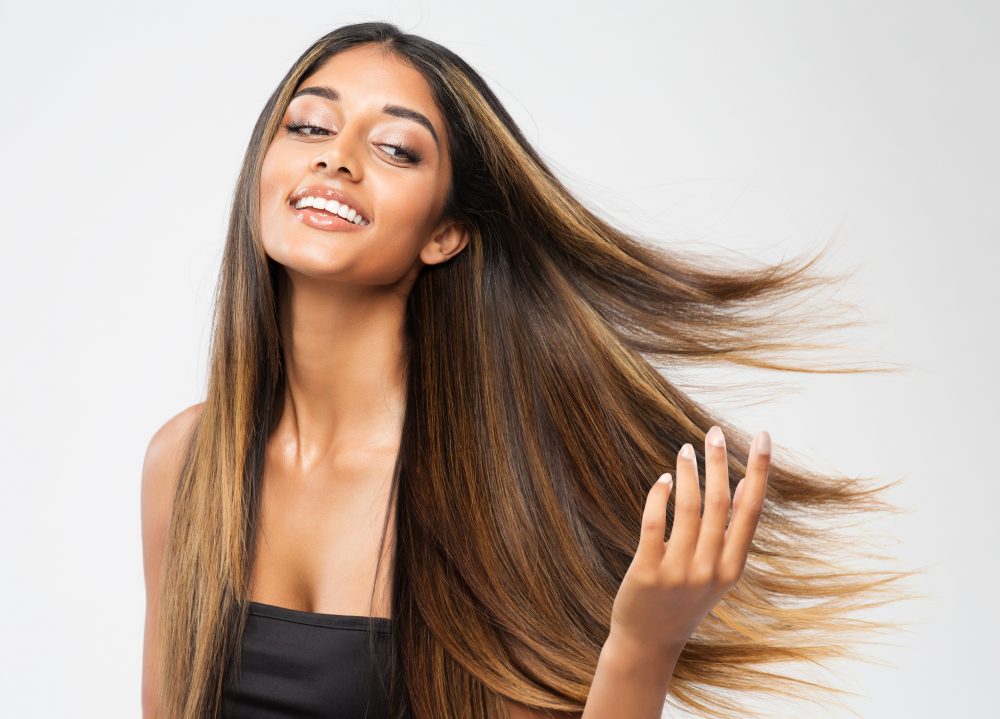
Hair is often considered a significant aspect of one’s physical appearance, and many people aspire to maintain healthy, luscious locks. While various factors contribute to the health of your hair, proper nutrition plays a crucial role. Among the essential nutrients for promoting hair growth, vitamins stand out as key players. In this article, we will explore the vitamins that contribute to healthy hair and discuss how incorporating them into your diet can support the growth and vitality of your tresses.
- Vitamin A:
Vitamin A is essential for the growth of all cells, including hair cells. It aids in the production of sebum, an oily substance that moisturizes the scalp and keeps hair healthy. Without sufficient vitamin A, the scalp can become dry and flaky, leading to potential hair loss. Good sources of vitamin A include sweet potatoes, carrots, spinach, and kale.
- Vitamin B Complex:
The B-vitamin family, including Biotin (B7), Niacin (B3), Folate (B9), and others, plays a crucial role in promoting hair growth. Biotin, in particular, is often associated with hair health, as it helps in the production of keratin, a protein that makes up hair. Foods rich in B-vitamins include eggs, nuts, whole grains, and leafy greens.
- Vitamin C:
Vitamin C is an antioxidant that helps the body absorb iron, a mineral essential for hair growth. It also aids in the production of collagen, a structural protein that supports hair strength. Citrus fruits, strawberries, bell peppers, and broccoli are excellent sources of vitamin C.
- Vitamin D:
Vitamin D is crucial for hair follicle cycling, and its deficiency has been linked to hair loss. Exposure to sunlight is a natural way to obtain vitamin D, but it can also be found in fatty fish, fortified dairy products, and certain mushrooms.
- Vitamin E:
Vitamin E helps to prevent oxidative stress, which can contribute to hair loss. It also promotes a healthy scalp by improving blood circulation. Foods rich in vitamin E include almonds, sunflower seeds, spinach, and avocados.
- Vitamin K:
While vitamin K is not as well-known for its role in hair health, it supports overall skin health, including the scalp. Leafy greens, broccoli, and Brussels sprouts are good sources of vitamin K.
Incorporating a well-balanced and varied diet that includes these essential vitamins is crucial for maintaining healthy hair growth. While vitamin supplements are available, obtaining these nutrients through a diverse and nutrient-rich diet is generally the most effective way to support overall health.
It’s important to note that excessive intake of certain vitamins can have adverse effects, so it’s advisable to consult with a healthcare professional or a registered dietitian before making significant changes to your diet or starting any supplementation.
In addition to proper nutrition, other lifestyle factors such as regular exercise, stress management, and good hair care practices contribute to the overall health and appearance of your hair. By taking a holistic approach, you can nurture your locks from the inside out, ensuring that your hair remains vibrant and resilient.

